
In-Picture | Jul 20,2025
Sep 27 , 2020.
In a series of opinion pieces on the state of democracy in Africa The Economist magazine is publishing, the first was by an African leader, Prime Minister Abiy Ahmed (PhD). No doubt, his rise to power - and no less his rhetoric - excited the global community. Headlined “Abiy Ahmed on the threats to Ethiopia’s democratic transition,” the piece published online was flowery in its promotion of national unity, firm in its condemnation of political violence, and resolute in its commitment to the idea of an Ethiopia that is yet to become a “beacon of African prosperity.”
It is a bullish outlook rarely echoed outside of government corridors these days or the public media. Even the international community, having hailed lavish praise on the Prime Minister that culminated in a Nobel Peace Prize, is not as buoyant about the fate of the country as it once was.
Just two days after the publication of the Prime Minister’s piece in The Economist, the same outlet had a story about how “Ethiopia’s democratic transition is in peril,” which was also the headline. Its verdict on Abiy's debut in office was that it had failed to bring "democracy or peace." The country’s political situation is nothing but a “crisis.”
Another recent piece in Bloomberg, headlined “The Battle to Keep Peace One Year After Winning the Nobel Prize,” told of security tensions, economic headaches and the threat of instability. No less pounding was Foreign Policyin its story depicting development in Ethiopia, headlined "Political Violence Could Derail Ethiopia's Democratic Transition."
These are stories reaching out to a global audience but with a tone no longer an outlier. They are narratives emerging on Ethiopia and directed at the international community but with stern warnings of impending security and humanitarian crises. The world will not say it did not know.
Already, there are 1.8 million internally-displaced people in Ethiopia, according to the International Organisation for Migration (IOM). The primary cause was conflict, accounting for around two-thirds of these people. Death and mayhem have become normalised in the collective conscience, and recurrent violence has become privatised, a combination that should deprive sleep to those at the helm of state power.
The political malice at the heart of Ethiopia’s turbulent years, since protests in the Oromia Regional State began to unravel in 2015, thus continues to dominate the discourse and fuel violence. Arguably, this problem emanates from an issue the Prime Minister himself alludes to in his piece for The Economist.
“Ethiopia is working tirelessly to realise its Constitution's promise of a democratic and pluralistic political order based on the rule of law, respect for fundamental rights and the basic liberties" of its citizens. There is little to disagree with Abiy Ahmed on this.
But the issue at hand is more than just a matter of respecting the spirit and words of the supreme law of the land, though this would undeniably go a long way. It is also about having a constitution that reflects the hopes, aspirations and, most importantly, the historical memories of diverse groups under the Ethiopian state. The Constitution, to varying degrees, is not accepted as a binding social contract by all. No doubt, some want to preserve it in its entirety, but they seem to be in the minority. Even those that want to see its central tenets untouched have elements they find to be unfair or unwarranted.
Most consequential to this debate is perhaps the group that finds the foundational assumptions of the Constitution to be enough of a justification to reject it outright. There are political forces that view the document as an attempt to ossify differences and impede the formation of a cohesive political and economic community. They want to see the Constitution scrapped altogether and start afresh.
From its preamble to the part that grants specific lingo-cultural groups a right to break away from the Republic, Ethiopia's Constitution is a living document that shows how little political settlement has been achieved since its passing 25 years ago.
If there was a silver lining to the political upheaval of the past two years, it is that the fault lines have become delineated. It has offered a stark glimpse into how deep and wide differences of conviction over the structure of the state, its institutions and laws go.
There could have been some solace to be found in the pluralist vision of this Constitution. Indeed, in a country where political power is institutionalised, such issues should have been healthy stress tests instrumental in helping socio-political structures evolve in tandem with demographic, economic and technological changes.
Ethiopia’s case is wholly different. It is a marriage between disagreements over the spirit and letter of the Constitution, born out of diverging historical memories, and the lack of robust and autonomous institutions. It has also shown that addressing these issues requires going beyond just appealing for respect of the rule of law. It has to be supplemented with a promise to renegotiate the foundational document for Ethiopia’s social contract.
The purpose of this will not only be to attempt to rewrite the Constitution but to invigorate the national discourse and orient it toward a constructive course. It would be an attempt to bring political forces back to the negotiating table, re-imagine points of convergence and come to an understanding on a historical narrative that would be used to inform how the Constitution should be reconstructed.
Many will be pessimistic about such a possibility, and they can be excused. It is understandable, especially considering how the main political actors have injured one another to the point where mutual trust has been wiped out, literally.
There appears to be no force with enough political capital on the scene that can bring groups with divergent interests and ambitions together into the same tent for negotiations. In 2018, the institutional vehicle was the ruling coalition. But owing to the breakdown of law and order, the behaviours and actions of the opposition, and the exercise of power by the incumbent party Abiy Ahmed presides over, Prosperity Parity has reduced itself to just another stakeholder. It is not a platform where power is being negotiated between social and political forces that hold so much sway in society.
It is time to urge the international community to play mediation roles and discharge its responsibilities to Ethiopia. This may provoke local sensibilities with perpetual apprehensions of external influence in domestic affairs. Internationally mediated talks would not be a bad idea after all if viewed as attempts to preempt its involvement that would otherwise be needed if the country becomes immersed in further instability. The sooner, the better.
Ethiopia may take a page or two from the experience of its neighbour. The African Union-led mediation in Kenya following the post-election crisis in 2008 was believed to have been critical in culminating in the constitutional reform two years later. Instrumental to getting Kenya’s contending parties to the table was international pressure for talks as well as the character and record of the team of mediators, which was led by Kofi Annan, the late secretary-general of the United Nations.
A similar mediation role could inject trust into the political scene to bring the major actors in Ethiopia to the negotiating table. The results may not be entirely satisfactory. But such a process will go a long way to invigorating constructive discourse - away from violence - and offer the Ethiopian state-building project another restart by way of constitutional reform.
PUBLISHED ON
Sep 27,2020 [ VOL
21 , NO
1065]

In-Picture | Jul 20,2025
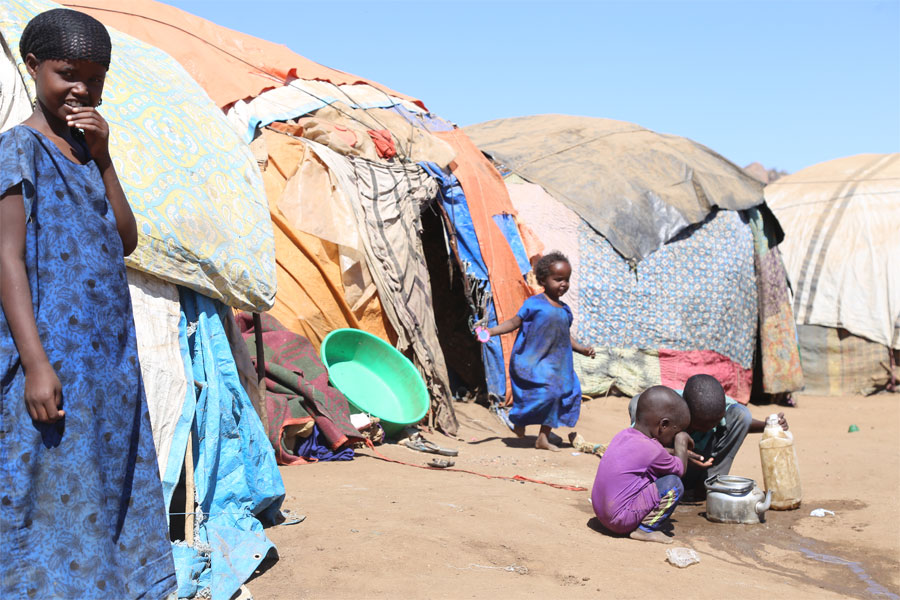
Fortune News | Mar 09,2019
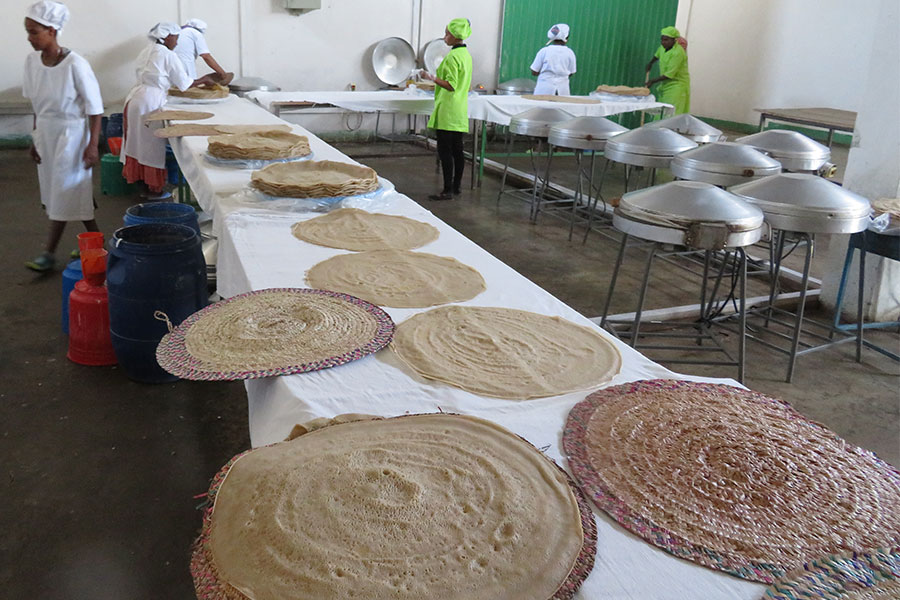
Featured | Mar 07,2020

Commentaries | Aug 21,2021

Commentaries | Jul 15,2023
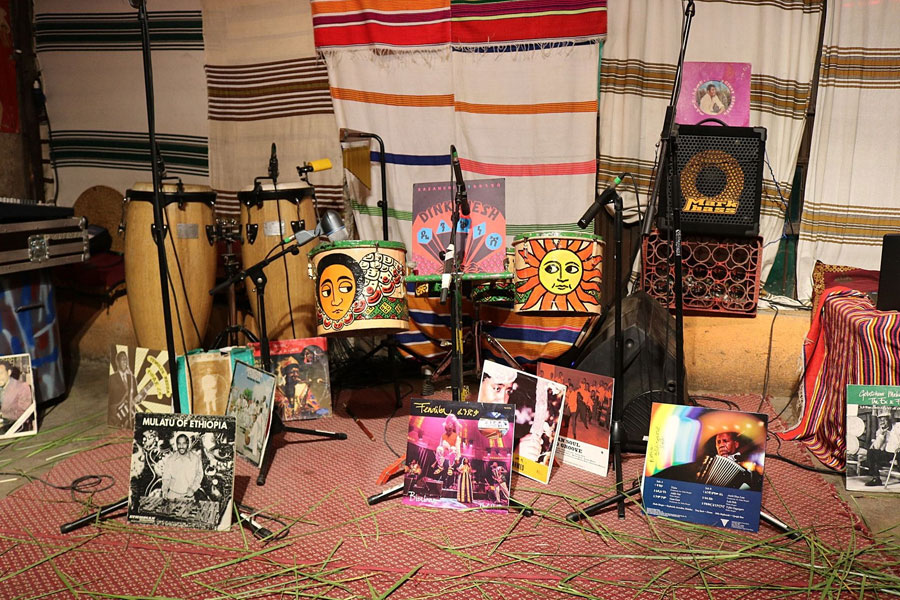
View From Arada | Jul 17,2022

Viewpoints | Dec 21,2019
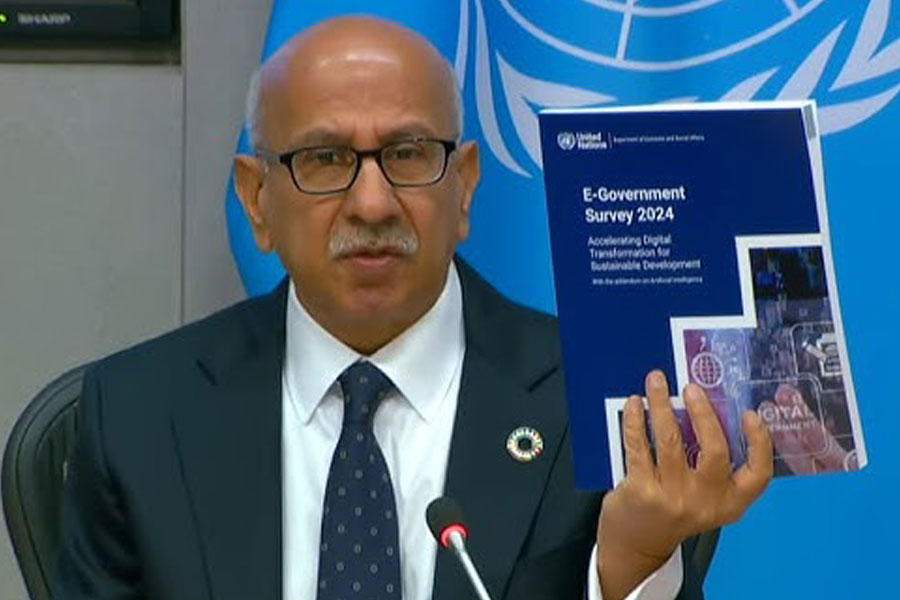
Fortune News | Sep 28,2024
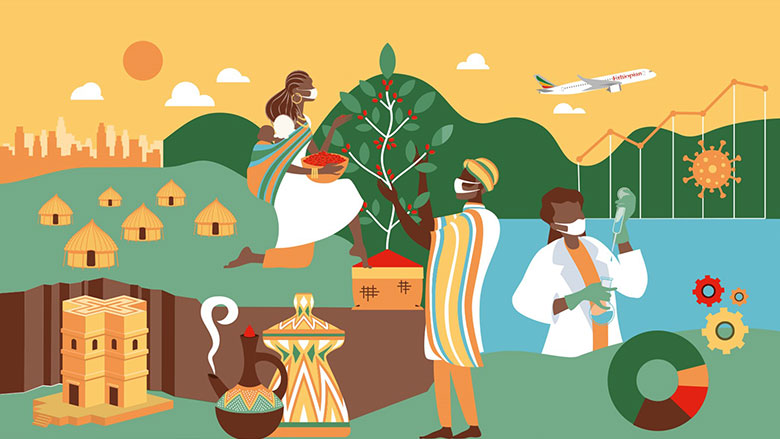
Covid-19 | May 01,2021

Viewpoints | Dec 05,2018

Photo Gallery | 178154 Views | May 06,2019

Photo Gallery | 168363 Views | Apr 26,2019

Photo Gallery | 159134 Views | Oct 06,2021

My Opinion | 137051 Views | Aug 14,2021

Dec 22 , 2024 . By TIZITA SHEWAFERAW
Charged with transforming colossal state-owned enterprises into modern and competitiv...

Aug 18 , 2024 . By AKSAH ITALO
Although predictable Yonas Zerihun's job in the ride-hailing service is not immune to...

Jul 28 , 2024 . By TIZITA SHEWAFERAW
Unhabitual, perhaps too many, Samuel Gebreyohannes, 38, used to occasionally enjoy a couple of beers at breakfast. However, he recently swit...

Jul 13 , 2024 . By AKSAH ITALO
Investors who rely on tractors, trucks, and field vehicles for commuting, transporting commodities, and f...

Oct 25 , 2025 . By YITBAREK GETACHEW
Officials of the Addis Abeba's Education Bureau have embarked on an ambitious experim...

Oct 26 , 2025 . By YITBAREK GETACHEW
The federal government is making a landmark shift in its investment incentive regime...

Oct 27 , 2025
The National Bank of Ethiopia (NBE) is preparing to issue a directive that will funda...

Oct 26 , 2025 . By SURAFEL MULUGETA
A community of booksellers shadowing the Ethiopian National Theatre has been jolted b...